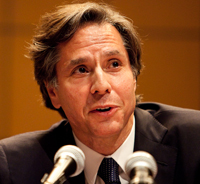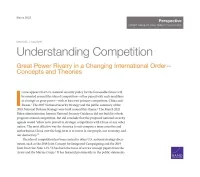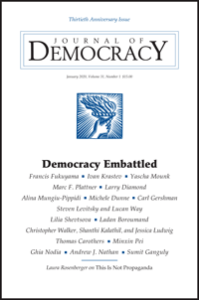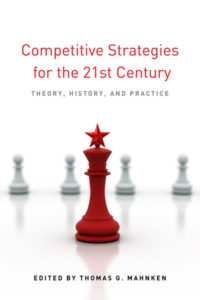
Credit: US Holocaust Memorial Museum
On Feb. 17, Secretary of State Antony Blinken (right) took his seat before the United Nations Security Council and, in strikingly precise terms, offered his version of the immediate future — “here’s what the world can expect to see unfold” — as if glimpsed in an especially apocalyptic crystal ball, The Washington Post’s David Montgomery writes:
He foretold fake provocations and forecast cyberattacks and missile strikes, followed by Russian tanks and infantry rolling into Ukraine. “The stakes go far beyond Ukraine,” Blinken said, as the Russian representative to the council shuffled papers and the Ukrainian diplomat twisted a pen cap. “This crisis directly affects every member of this council and every country in the world. Because the basic principles that sustain peace and security — principles that were enshrined in the wake of two world wars and a Cold War — are under threat.”
“We saw the storm really, really coming,” said Blinken.
 As America pursues its foreign policy interests and ideals within a frame of democracy-autocracy competition and amid global existential threats, the twin graces of confidence and humility are so important, Blinken tells Montgomery:
As America pursues its foreign policy interests and ideals within a frame of democracy-autocracy competition and amid global existential threats, the twin graces of confidence and humility are so important, Blinken tells Montgomery:
“Humility precisely because there are profound and accelerating changes happening around the world. That means that the United States, even as powerful as we are, can’t simply decide outcomes as we want them. … But I’m equally convinced that — and I’ve seen this in action over the last 18 months — we continue to have a greater capacity than any country on Earth to mobilize others in positive collective action when we’re at our best. And so we’ve been trying — I’ve been trying — to put those two things together.”
That’s easier said than done, says a former head of Policy Planning at the State Department.
 “But at the same time … this is where I think ‘confident humility’ and ‘leader of the free world, democracies against autocracies’ are very hard to reconcile,” says New America CEO Anne-Marie Slaughter, a former board member at the National Endowment for Democracy (NED).
“But at the same time … this is where I think ‘confident humility’ and ‘leader of the free world, democracies against autocracies’ are very hard to reconcile,” says New America CEO Anne-Marie Slaughter, a former board member at the National Endowment for Democracy (NED).
“Is your starting point great power politics and democracies versus autocracies, and then you layer other things on?,” she asks. “Or is your starting point we are in a planetary era, we are pushing planetary boundaries in many ways, and we are going to destroy the world as we know it? … That [concern] ought to overshadow any national rivalries.”
Democratic deterioration
The Biden Administration’s Summit for Democracy was designed to corral like-minded states to counter the autocratic resurgence that has fed what Stanford University’s Larry Diamond calls a “democratic recession.”
The world is in its 16th consecutive year of democratic decline, according to a February 2022 report from Freedom House, which noted that 60 countries suffered democratic deterioration in 2021, while only 25 improved, and that only 20% of the world’s population now lives in countries the organization designated as “free.”
“Authoritarian governments are getting better and more coordinated in their attacks on freedom,” said Nicole Bibbins Sedaca, Freedom House executive vice president.
Strategic competition
 Climate change provides another tension within the administration’s simultaneous practice of great power competition, whenever necessary, and cooperation, whenever possible, The Post’s Montgomery adds. Blinken holds out hope that the United States can stand up to Chinese challenges while also enlisting Chinese solidarity in curbing global warming.
Climate change provides another tension within the administration’s simultaneous practice of great power competition, whenever necessary, and cooperation, whenever possible, The Post’s Montgomery adds. Blinken holds out hope that the United States can stand up to Chinese challenges while also enlisting Chinese solidarity in curbing global warming.
It’s an ambitious gambit and not one that is likely to be completed in a single election cycle, says Jordan Tama, a professor at American University’s School of International Service. “They don’t want democracy versus authoritarianism … to be so dominant in terms of the focus of the government that there’s not attention to other important transnational challenges. They are trying to balance those things, but it is not an easy balance, because obviously the more time you spend on Russia, Ukraine or competition with China, the less bandwidth there is to be doing as much on, say, climate change or preparing for the next pandemic.” RTWT







